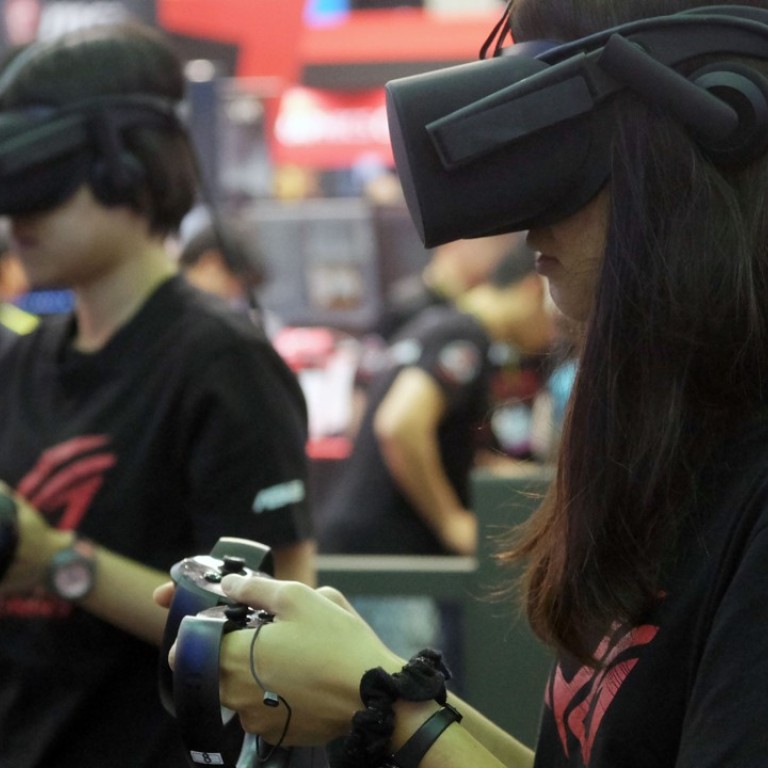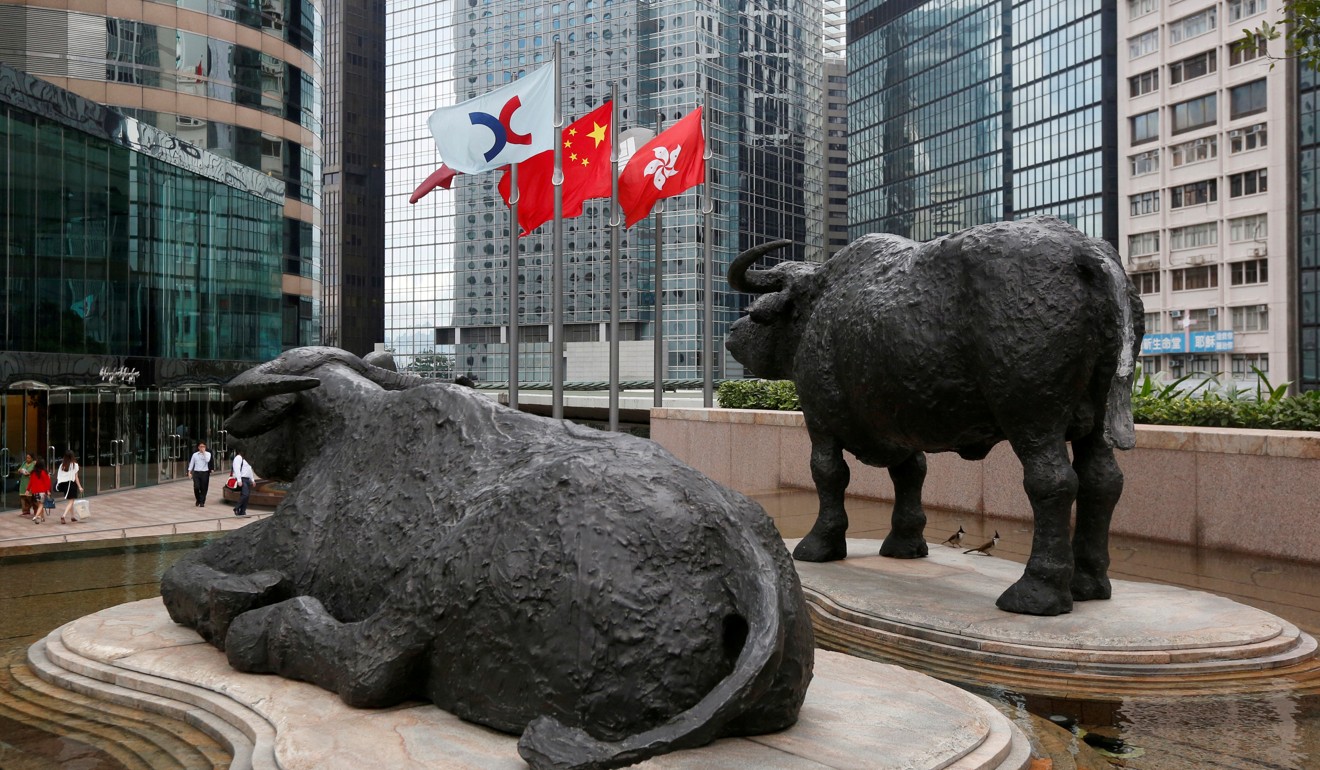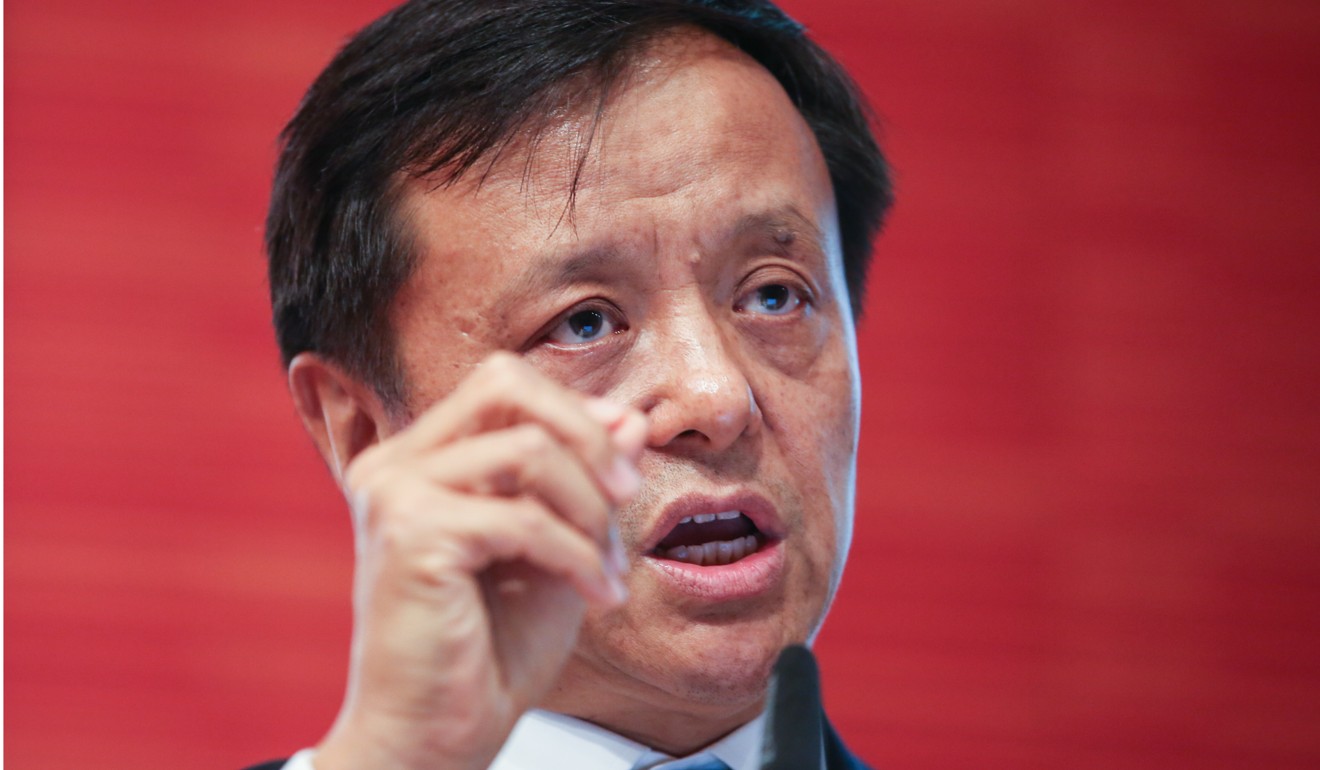
HKEX plans third board for new-economy firms
New board comprises two markets: one for mega tech firms with dual-shareholding structure and one for start-ups
Hong Kong may have a brand new market next year for “new-economy” companies, allowing companies ranging from start-ups and technology firms with a dual-share structure to list, according to a consultation paper by Hong Kong Exchanges and Clearing released on Friday.
The proposal, announced in the paper to collect views over the next two months, recommends that the new board will not accept listings by any traditional or old-economy firms, but only those classified as technology or new-economy firms.
This will be the first market in the world that restricts the types of companies allowed for listings.
Hong Kong has a main board that currently requires companies to make a combined profit of HK$50 million (US$6.42 million) in the three years before the listing. The second board, Growth Enterprise Market, does not require a profit track record but companies have to have HK$20 million in annual cash flow.
Neither the main board nor the GEM has attracted many technology firms to list. Of the HK$19.4 billion raised by initial public offerings in the city last year, 69 per cent was accounted for by financial firms, with just 3 per cent from technology companies, far lagging the New York Stock Exchange, the Nasdaq and Shenzhen’s ChiNext.
Out of Hong Kong’s total market capitalisation, financial or property companies account for 44 per cent while new-economy firms only make up a mere 3 per cent. This pales in comparison with the 59 per cent on the Nasdaq and 44 per cent on the NYSE.

Li said the current rules banned overseas-listed Chinese companies with a dual-class structure from listing in Hong Kong, but the new board would change that.
“However, we should note that the United States is already the largest technology market so it would not be easy for Hong Kong to attract these US companies to come here,” he said.
Disallowing firms with a dual-share structure to list in Hong Kong is part of the reason companies have shunned the city for the US. With the proposed third board, Hong Kong may be able to compete for the US$49 billion raised in the US in the past 10 years, which represented 17 per cent of all IPO funds raised in Hong Kong during the period.
The proposed new board is aimed at attracting new-economy companies from mainland China or other international markets to list here
Both Singapore and London are considering allowing dual-class share firms to list.
Hong Kong’s proposed new board will have two markets.
The premium market will target technology or new-economy companies that meet the main board’s listing requirements but have a dual-share structure. US-listed companies with a dual-share structure will also be allowed to apply for a secondary listing on the premium market.
Many technology firms such as Facebook and Google adopt such shareholder structures as their founders hold minority stakes but want to retain control.
But firms will face trading suspension if they fail to properly disclose financial information or the exchange considers them unsuitable to be listed. They will also be delisted from the premium market if their shares are suspended from trading for six months.
Retail investors could also trade in the premium market.

However, there will be a delisting requirement where after a certain period of time, if these companies fail to meet certain operation requirements or their share prices drop to a certain threshold, they will be delisted. Firms that have been suspended from trading for 90 days will also face the same fate.
“This is an ‘easy in, easy out’ concept for the start-ups. They can raise funds easily, but they will also be delisted easily unless they work hard to prove that they have a business case,” Li said.
“Since investing in these start-ups involves a high level of risk, the start-up market will be restricted to professional investors to trade only.”
Joseph Tong Tang, the chairman of Morton Securities, said the new board would be popular with start-ups.
“However, there will be challenges in defining what companies are qualified as new-economy for them to apply to list on this new board,” he said.
The consultation paper also made recommendations to the GEM and the main board.
The role of the GEM will be redefined as a market tailored for small and medium-sized companies that do not meet the main board’s listing requirements and are not technology or new-economy companies. All listing candidates should launch listings instead of private share placements that are currently allowed.
In addition, the GEM will be removed as a stepping stone to the main board as the minimum market capitalisation for firms will be raised from HK$100 million to HK$150 million, with annual cash-flow requirement to be increased from HK$20 million to HK$30 million.
For the main board, proposed changes include raising the minimum market capitalisation of firms from HK$200 million to HK$500 million and the minimum public float from HK$50 million to HK$125 million, as well as extending the lock-up period from one to two years.

